
Having HIV can feel like riding a roller coaster, with lots of ‘ups’ and ‘downs’. The good news is that people with HIV are getting on well in their lives - working, studying, in relationships, having children, looking after their families, and doing all kinds of things they enjoy.
You will probably need support, particularly in the early days. It can be good to have a yarn, but it is important to find the right balance - to get support but make sure you do not have regrets about who you have told. You need to feel safe.
It is up to you who you tell. Care and support can come from different places including family, friends, and health care workers.
Sometimes it is useful to talk to other people with HIV because they may have had similar experiences and they will have some idea what you are going through.
You might also want to talk to a counsellor. Remember, counsellors are not just for people who are desperate. They can help you work out everyday stuff, help you sort out your feelings, and help you make plans to improve things.
There are services in the support directory of the website that can tell you about support services near you.
You are not alone!
There are thousands of people in Australia living with HIV, and many, many more who care about them.
If you have HIV, it is important to keep checking your health. You should visit your doctor every few months to check how much HIV is in your blood and whether it is damaging your immune system.
You will also need to keep checking your health in other ways, like looking after your teeth, eyes, heart, bones, and liver. Your doctor or health worker will help you check these things and anything else that is important.
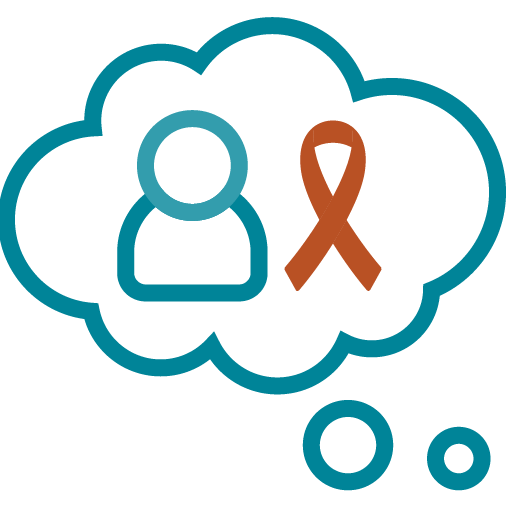
Be careful what you say and do and think how you would like people to be if you had HIV.
People with HIV need to make their own decisions and live their own lives but there are some things you can do to help:
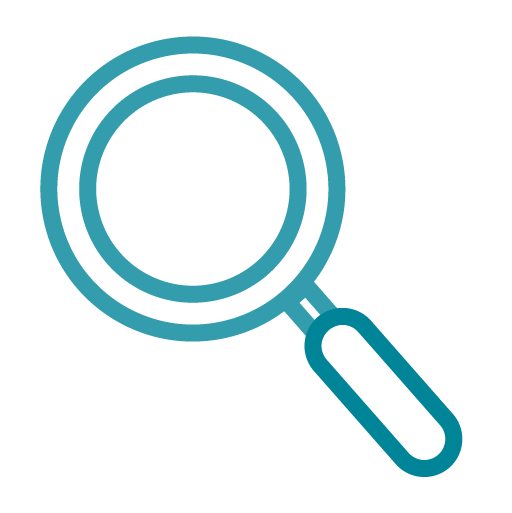
Find out about HIV so you can help them and also stay safe.

Ask the person with HIV how they would like you to help (support) them.
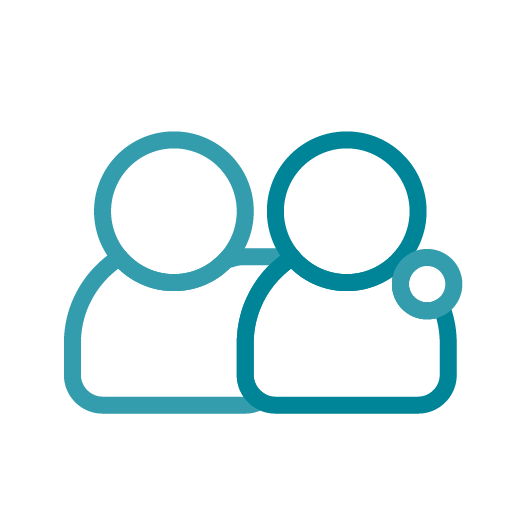
Be there, hug them and show that you care.
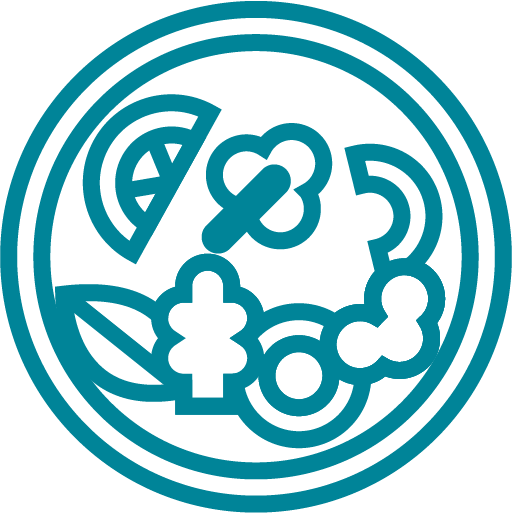
Help them eat the right foods and take their treatment when and how the doctor tells them.
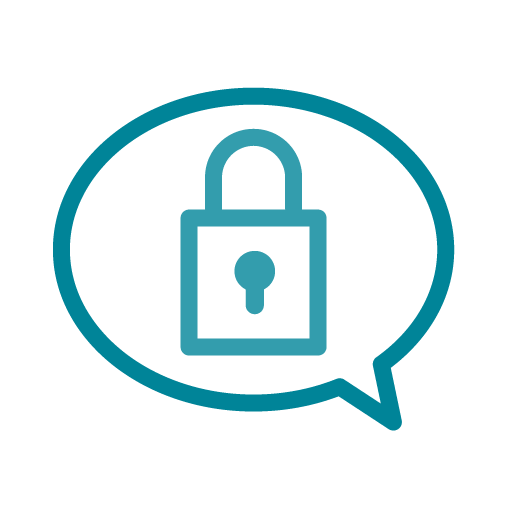
Respect their business (privacy). It is up to each person with HIV who they tell.
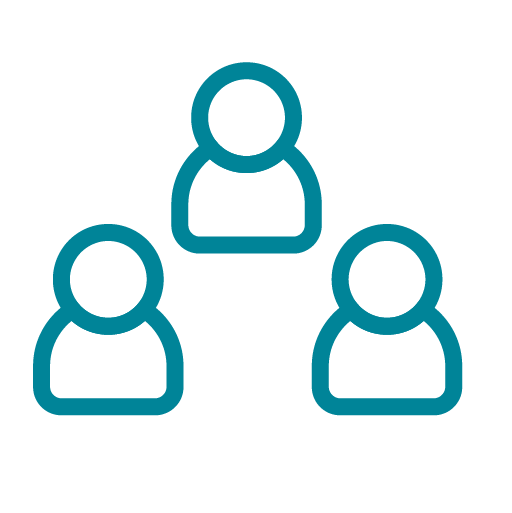
Talk to other people in your community about HIV so they can be supportive, stay safe and not worry about getting HIV.
